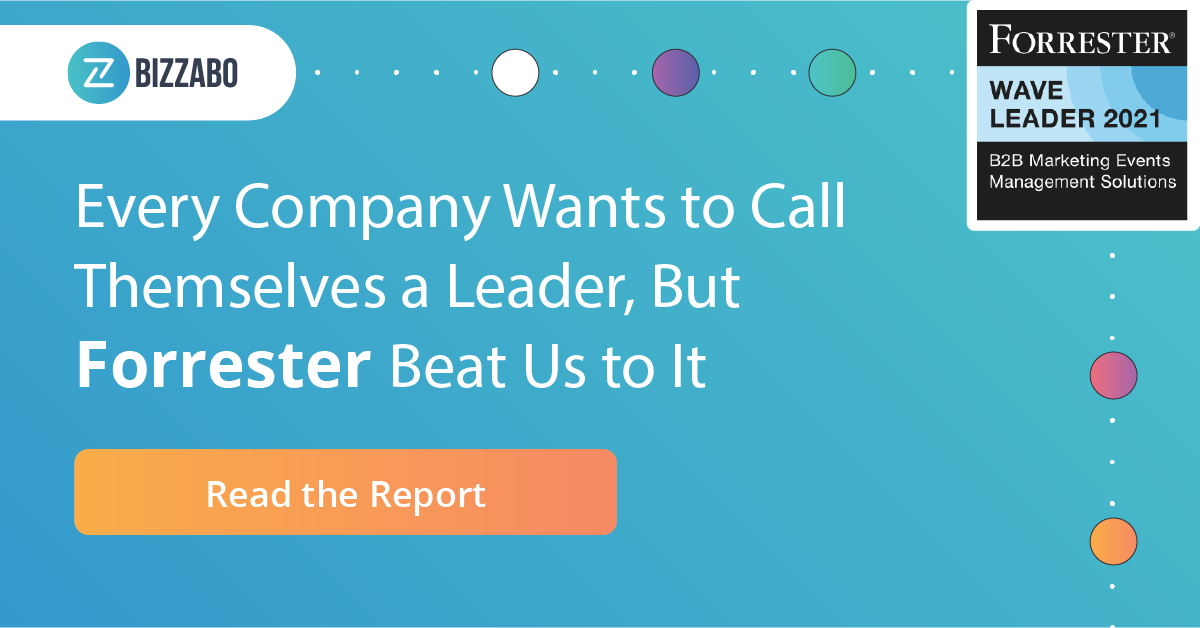Building the right team is essential to producing successful hybrid events. See who might be missing from your roster according to event thought leaders.
For years, event professionals have mastered the art of designing a seamless in-person event—and they knew exactly who they needed on their team to do so. Expert predictions on the future of hybrid events are evidence that the skills needed to create these new experiences should be reflected in the makeup of your team.
Hybrid events necessitate a harmonious connection between team members focused on the virtual experience and those focused on the in-person experience. “You really have to design with intention and integrate the two audiences,” says Dana Pake, Event Strategist and Executive Producer at MCW Events. Having the right team in place can make all the difference in ensuring that both audiences enjoy your event.
So what should a hybrid events team look like? Here are some of the key roles you can integrate in order to plan and execute great hybrid events, and help with your event budgeting.
The Virtual Event Team
The virtual side of hybrid events is likely where the majority of the new team skills are needed. As virtual and hybrid extend the reach of your message, we’re likely to see more attendees logging on from around the world rather than budgeting to travel for an in-person experience. For this reason, the virtual portion of your hybrid event has to be executed with as much thoughtfulness and care as the in-person.
Think of your event as a live TV show and your virtual team as the folks running the broadcast. By taking this approach and staffing your virtual team with technical experts, you ensure a high-quality experience for your attendees and a smooth behind-the-scenes experience.
Event Technologist
An Event Technologist is a good foundation for your virtual team. They stay up on tech trends, seek solutions to help you better connect with your audience, and help them attendees connect with each other. Having an in-house event technologist—or choosing to partner with one—will help you employ the right technology for your event and get the most out of your tech stack. In this new hybrid events space, an Event Technologist is essentially the person who “can stitch it all together,” according to Devin Cleary, Bizzabo’s Vice President of Events.
They can use tech solutions to help you address common issues that virtual event organizers run into—like attendees failing to network online. Additionally, the event technologist can help you sell a newer, more exciting experience for your audience, and actually deliver.“This role validates that the experience is going to match what we’re promising,” says Devin.
Executive Producer
Once the technical foundation is secure, you’ll need someone to keep the virtual aspect of your event running smoothly. Less than a quarter of events organizers have ever hosted a hybrid event, so if we’re looking at hybrid through a broadcast lens, you’d benefit from hiring an Executive Producer to orchestrate.
“If you want it to be something entertaining and engaging, it’s really [like] a TV show,” says Angel Micarelli, Senior Vice President of Strategy & Content for Cramer. “This is where mapping out the attendee journey is just going to be so critical.” By taking best practices from the worlds of television and theatre, an Exec Producer can “shape the future of what our programs look like and make sure people can engage with our brand most effectively,” says Devin Cleary.
Camera and Sound Operators
While you’ve likely webcasted in-person events in the past, with a camera or two at the back of the room, the standard for a hybrid event is much higher. Almost 70% of events organizers find it’s more difficult to keep attendees engaged during sessions events, so ask yourself: “How are you creating a real presence for your virtual audience in your venue space?” says Mark Wilson, Executive Creative Director at Cramer. “What I really want to be able to do is have amazing camera shots. That’s what we’re designing for,” he says.
Now you should be considering four or five designated camera stations, a couple of handheld roving operators, and high quality sound for all of your events.
“Tech and production is more top of mind than ever,” says Bizzabo’s Director of Events Rachel Ruggieri. “You can provide bandage solutions in person with good customer service skills, but now there’s so much riding on being able to stream.” When it comes to AV production for virtual events, “it’s not just logistics anymore.”
The In-Person Event Team
With all of the attention paid to high-quality broadcast, the experience for in-person attendees will certainly feel different—but hybrid can create an even more unique and intentional space for your audience. “Everyone at the venue is now the live audience in the broadcast studio,” says Mark Wilson. As such, the better in-person elements are treated, the better the experience will translate to both audiences.
Moderator
As anyone familiar with virtual meetings can attest, it’s much harder to hold the attention of a room online. That’s why a seasoned Host or Moderator can guide your event content and drive the conversation. “Moderators draw out the engagement in audiences and they set the pace of the program,” says Dana Pake. “Things can and will go wrong and they can buy you time, or they can speed things up. They’re clutch.”
When you’re considering moderators, make sure that they are equally as dedicated to effectively sharing your brand’s messaging as you are. A great moderator can bridge the gap between the in-person and virtual audiences with ease. “No matter the size of your show, having that moderator as a thread of continuity and a way to connect through the camera is really critical,” says Mark Wilson.
Speaking Coach
If the virtual portion of the event is the TV show, and the venue portion is the studio audience, then you want to make sure your speakers and talent are nailing their delivery. “That’s going to become even more important,” says Angel Micarelli. “You have to be able to communicate for that medium, which is different than being on stage.” Clear delivery of messaging, as well as knowing how to play to the cameras is a whole new ballgame. “Having people on the team who can coach performances is an addition that we hadn’t seen before,” says Angel.
And since the focus on learning as a goal for attendees increases by 15% in online events, the more clear and articulate your speakers can be in-person, the more that will translate to better learning for everyone.
Additional In-Person Organizers
Depending on the hybrid event ideas you’re working with, you could have smaller hubs of in-person events scattered around the country—or even the planet. It should be a consideration for your team to have people on-location in each space to assist with on-site production, on-site registration, badge printing, and creating a seamless connection between the in-person and virtual experiences. Naturally, event agency partners may be able to assist here.
On-Site Technician/Technology Specialist
This role is something many on-site venues already provided for day-of-event services. That’s because there are still many technical aspects that you need to pay attention to in the physical setting. For example, wifi, streaming, microphones, and slides are all technical pieces of an on-site experience that you want to make sure go off without a hitch.
Whether your in-person experience is part of a hybrid event model, or stands on it’s own, it’s important to have a specialist who can make sure the venue operations go smoothly. Plus, they can liaise with your virtual specialists to add even more coordination to your hybrid event.
Key Takeaways for Building a Hybrid Events Team
Regardless of who you have on your virtual and on-site teams, the key will be working together as one hybrid event team. “Working hand in hand, you’ll need a lot of thoughtful communication,” says Rachel Ruggieri. She suggests beginning to build a team of professionals who have experience in both realms in order to quickly and effectively marry the two aspects together. “If you have someone who can do both, they have a leg up.”
Most importantly, if you stack your team with entrepreneurial members who are able to reinvent the playbook and innovate as the rules keep changing, you’ll be set up for success.
As a recap, here are the key takeaways for building a hybrid events team:
- A great virtual team consists of an Event Technologist, Executive Producer, and audio visual support.
- The in-person events team would include a seasoned moderator, a speaking coach, and on-site organizers.
- Anyone with experience in both the virtual and in-person event worlds will benefit your hybrid team.
Click here to see original post


